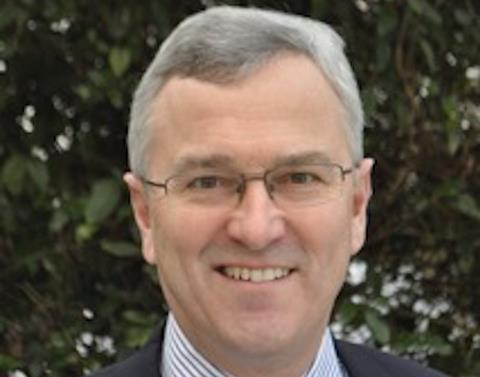
Occupational health services are changing to meet the evolving needs of employers, employees and UK businesses. The dynamic nature of the workplace, people staying in work at an older age and new technologies are just some of the drivers for the repositioning of occupational health.
We know good work is good for health. Occupational health professionals help businesses become more productive and save money by preventive measures, for example, advice on maintaining a healthy workplace, and early intervention to assist those absent through sickness to return at the optimal time. There is a myth that full recovery is needed before return to work. In fact, returning to the right time, perhaps on a phased basis, aids rehabilitation. This proactive approach benefits the employer, and the individual, because being out of work is associated with poorer health and wellbeing, and the economy.
Musculoskeletal problems, such as back pain, remain the leading cause of the 131 million days lost a year through sickness absence, according to the Sickness absence in the labour market report, published by the Office of National Statistics in February 2014. However, mental health problems are close behind. Occupational health professionals can advise on how to reduce risk to mental health. As set out in the Health and Safety Executive’s Management Standards, attention to the demands of the workplace, the degree of control people feel they have, support, good relationships, clarity of role and good change management will not only reduce the risk of workplace stress, but also help support people with mental health problems stay in valuable work.
The major change this year has been the introduction of the government’s Fit for Work service. Using modern technology, Fit for Work provides generic advice on health and work, and assessment for individual employees who have been on sickness absence for four weeks or more. This will particularly benefit employers and employees in small and medium-sized enterprises, which currently have little occupational health provision. Full occupational health services, for example, advice on prevention, health surveillance and specialist occupational health, will continue to be provided by existing occupational health providers.
Robin Cordell is president of the Society of Occupational Medicine



